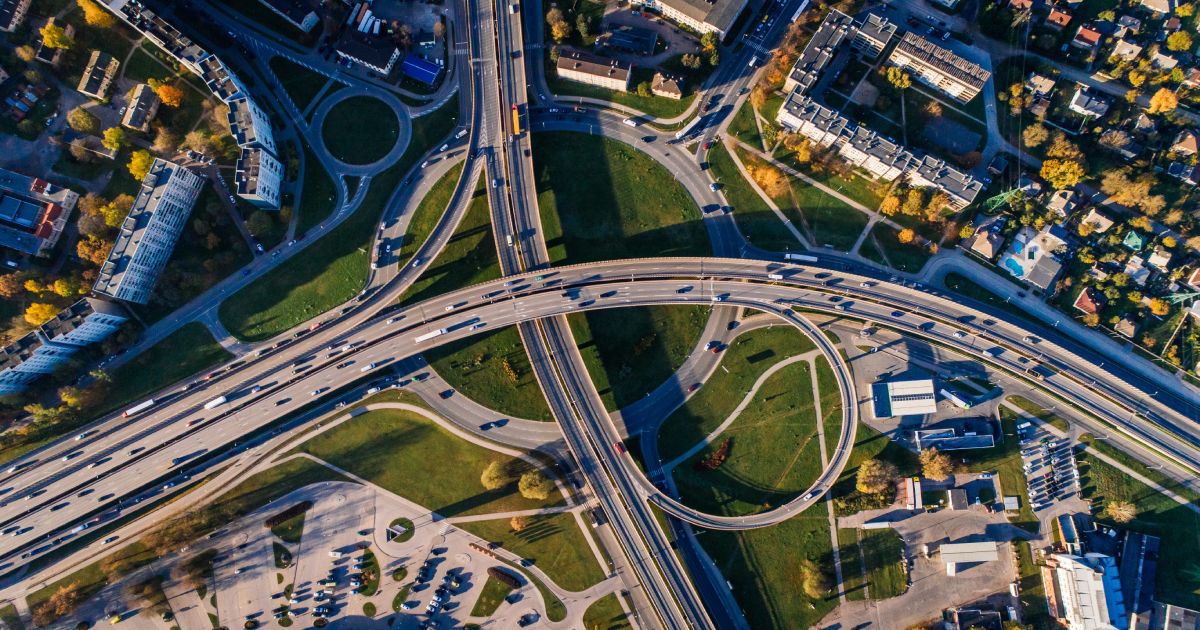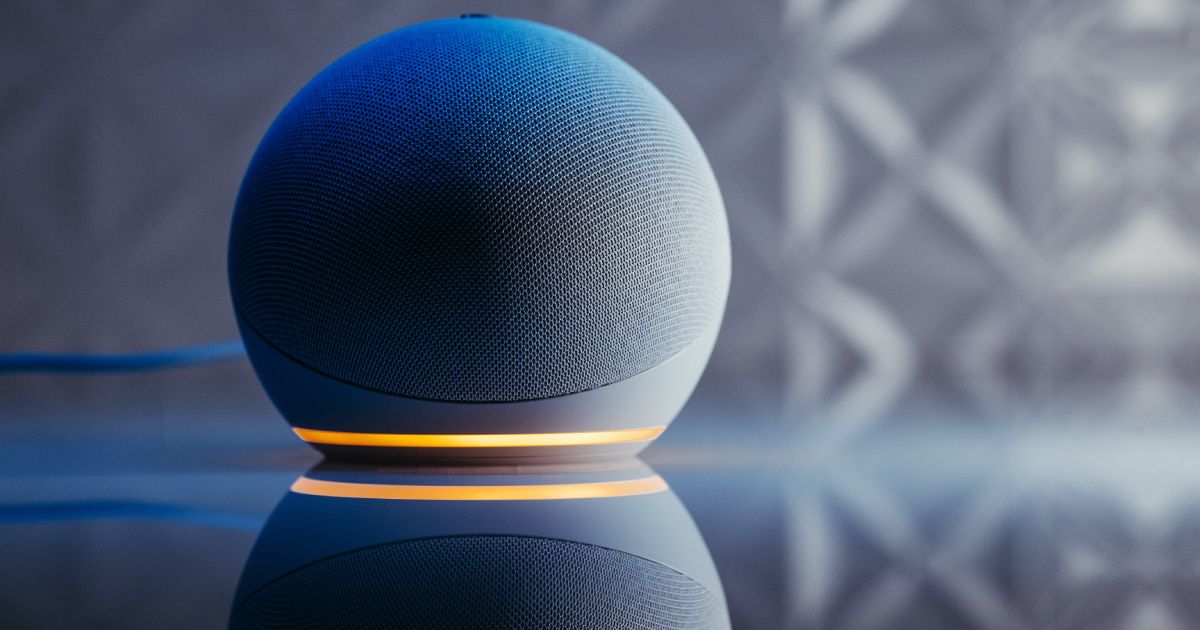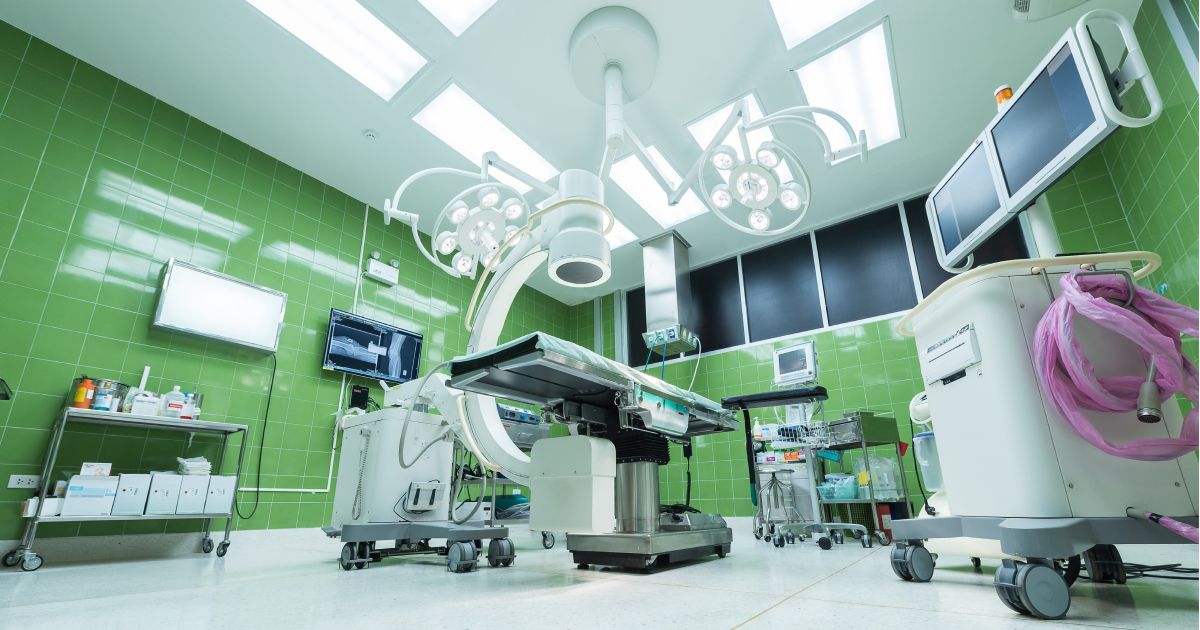The Impact of Internet of Things (IoT) on the Economy

The Internet of Things (IoT) is disrupting traditional business models and revolutionizing industry practices with its pervasive impact on operations.
This article explores the profound impact of IoT on the economy, shedding light on its key benefits, challenges, and potential applications.
1) Enhanced Operational Efficiency

The Internet of Things (IoT) has revolutionized the way businesses operate by enabling real-time monitoring, automation, and predictive maintenance.
With IoT devices and sensors connected to various assets and systems, businesses can collect and analyze data in real time, providing valuable insights for optimizing operations and making informed decisions. For example, in manufacturing, IoT-enabled sensors can monitor equipment performance, detect anomalies, and trigger maintenance alerts, allowing businesses to proactively address issues and avoid costly downtime.
Automation is another significant benefit of IoT in streamlining business operations. By integrating IoT devices with intelligent systems and software, businesses can automate routine tasks, reduce manual intervention, and improve efficiency. This can include automated inventory management, supply chain optimization, and smart energy management. For instance, in retail, IoT-based inventory management systems can track product availability in real time, automatically triggering replenishment orders to ensure optimal stock levels.
Predictive maintenance is a game-changer for businesses across industries. IoT data combined with advanced analytics and machine learning algorithms can predict equipment failures, identify maintenance needs, and schedule proactive repairs. This not only helps to minimize downtime but also extends the lifespan of assets and reduces maintenance costs. For example, in transportation and logistics, IoT sensors can monitor vehicle conditions, detect potential issues, and schedule maintenance before breakdowns occur, improving reliability and reducing the risk of costly delays.
2) Improved Customer Experience

The Internet of Things (IoT) has empowered businesses to deliver personalized and seamless experiences to customers by leveraging connected devices and intelligent systems like Amazon Alexa, Google Nest, and Ring.
Through IoT, businesses can gather data about customer preferences, behaviors, and usage patterns, enabling them to create tailored offerings and enhance customer interactions. For example, in the retail industry, IoT devices can track customer movements in-store, analyze their browsing habits, and send personalized offers or recommendations based on their preferences. This level of personalization helps businesses build stronger customer relationships and foster loyalty.
Additionally, IoT enables businesses to create seamless and interconnected experiences across different touchpoints. By integrating IoT devices with other technologies, such as mobile apps and smart home systems, businesses can provide a seamless user experience that spans physical and digital realms. For instance, in the hospitality industry, IoT-enabled hotel rooms can be equipped with smart devices that allow guests to control room temperature, lighting, and entertainment systems through a mobile app. This integration enhances convenience and creates a connected environment where guests can personalize their stay according to their preferences.
Furthermore, IoT data can be leveraged to gain valuable insights into customer behavior and preferences, enabling businesses to continuously improve their products and services. By analyzing data from IoT devices, businesses can identify trends, uncover hidden patterns, and make data-driven decisions to meet customer needs effectively. This iterative feedback loop allows businesses to refine their offerings and stay ahead of customer expectations in a fast-paced, dynamic market.
3) Innovative Business Models

The Internet of Things (IoT) has opened up new possibilities for innovative business models by connecting physical objects and enabling them to communicate and interact with each other. With IoT, businesses can create value-added services and revenue streams by offering connected products and solutions. For example, in the automotive industry, IoT-enabled vehicles can provide real-time data on performance, maintenance needs, and driving patterns, allowing businesses to offer predictive maintenance services or usage-based insurance models. These innovative business models not only enhance customer experiences but also generate additional revenue streams for businesses.
Moreover, IoT facilitates the creation of ecosystems and partnerships between different stakeholders. By integrating IoT devices, sensors, and platforms, businesses can collaborate with other companies, suppliers, and service providers to deliver comprehensive solutions. For instance, in the smart home industry, IoT devices from various manufacturers can be integrated into a single platform, offering homeowners a seamless and unified experience. This collaborative approach allows businesses to leverage their collective strengths, expand their market reach, and provide holistic solutions that address complex customer needs.
Additionally, IoT-enabled data and analytics provide valuable insights that can drive operational efficiency and optimization. By collecting and analyzing data from connected devices, businesses can identify patterns, detect anomalies, and optimize their processes. For instance, in the manufacturing industry, IoT sensors can monitor equipment performance, predict maintenance needs, and optimize production schedules. This data-driven approach helps businesses reduce downtime, improve productivity, and make informed decisions that drive operational excellence.
4) Data-Driven Decision Making

The Internet of Things (IoT) generates vast amounts of data as connected devices collect and transmit information in real-time. This data can provide businesses with valuable insights that can drive informed decision-making. By analyzing the data generated by IoT devices, businesses can gain a deeper understanding of customer behaviors, product performance, and operational efficiency.
For example, in the retail industry, IoT sensors can track customer movements within a store, collecting data on popular product areas, traffic patterns, and dwell times. This information can help retailers optimize store layouts, improve product placement, and enhance the overall customer experience.
Similarly, in the manufacturing sector, IoT sensors can monitor equipment performance, collecting data on machine utilization, energy consumption, and maintenance needs. By harnessing IoT data analytics, businesses can identify areas for improvement, implement predictive maintenance strategies, and optimize production processes.
Furthermore, IoT data can be integrated with advanced analytics and machine learning algorithms to uncover valuable insights and patterns. These insights can inform strategic decisions, enable predictive modeling, and drive innovation. By leveraging the power of IoT-generated data, businesses can enhance their competitive advantage, identify new market opportunities, and make data-driven decisions that lead to business growth and success.
5) Industry-Specific Applications

The Internet of Things (IoT) has transformative implications across a wide range of industries, revolutionizing the way businesses operate and deliver value.
- Manufacturing: IoT can optimize production processes, enhance supply chain management, and enable predictive maintenance.
- Healthcare: IoT devices can monitor patients' health remotely, improve medical equipment efficiency, and enable personalized treatment plans.
- Logistics: IoT can enhance tracking and tracing of goods, optimize inventory management, and improve supply chain visibility.
- Agriculture: IoT sensors can monitor soil conditions, automate irrigation systems, and enable precision farming practices.
- Smart cities: IoT technologies can improve energy efficiency, enhance public safety, and enable intelligent infrastructure management.
The widespread adoption of IoT across these industries is driven by its ability to generate vast amounts of data and enable connectivity among devices and systems. With IoT, businesses can collect real-time data from various sources, analyze it for actionable insights, and make data-driven decisions to improve efficiency, reduce costs, and deliver enhanced services.
Furthermore, IoT enables automation, remote monitoring, and predictive capabilities, transforming industries and opening up new opportunities for innovation and growth. As IoT continues to evolve, businesses that embrace this technology and effectively leverage its potential stand to gain a competitive advantage in their respective industries, driving operational excellence, improved customer experiences, and sustainable business growth.
Final Thoughts
The Internet of Things is a game-changer in today's business landscape. Its impact on business transformation is undeniable, from optimizing operations and enhancing customer experiences to fostering innovation and enabling data-driven decision making.
By embracing IoT, businesses can unlock new levels of efficiency, productivity, and growth, positioning themselves at the forefront of the digital revolution.





